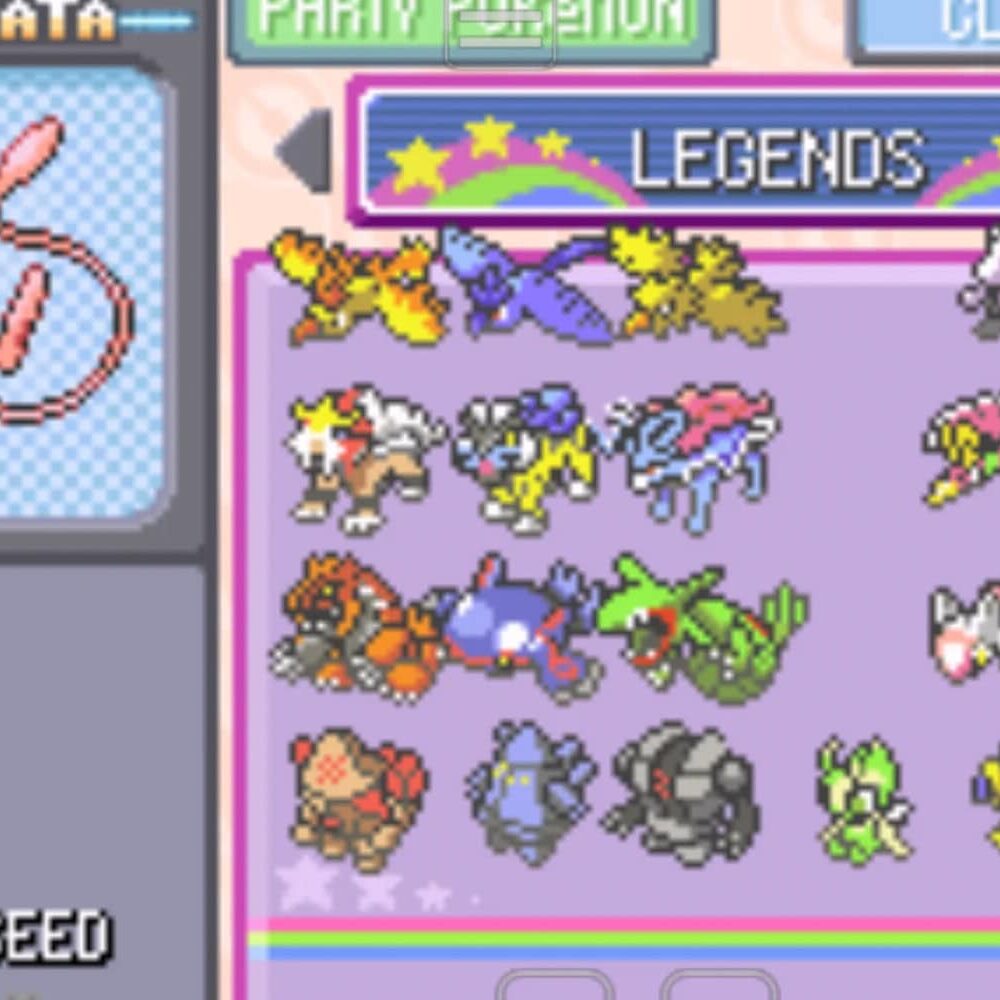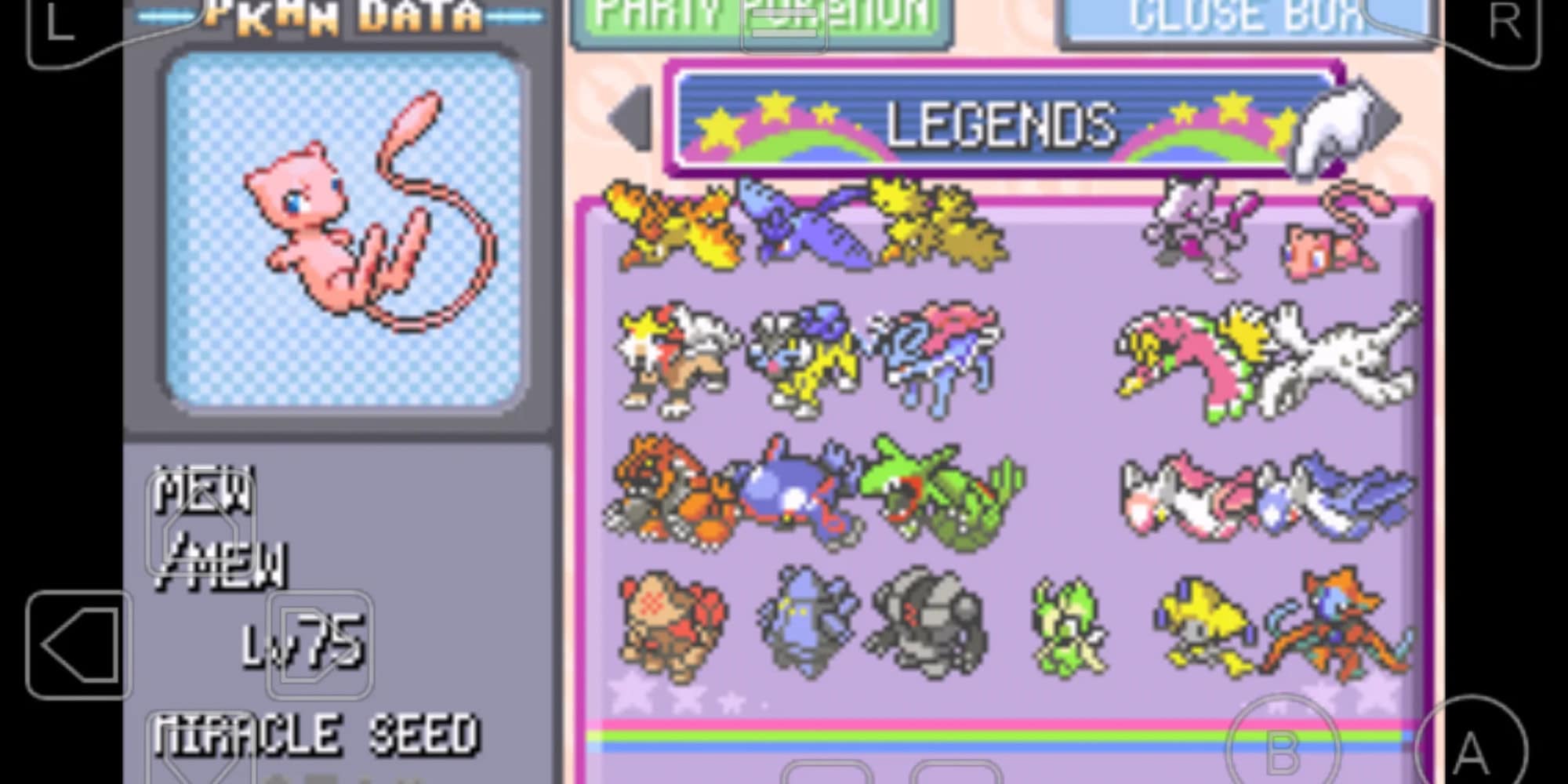
The Holier-Than-Thou Attitude Towards Cheats and Wikis in Single-Player Games
In the hallowed halls of single-player video games, there’s an unspoken hierarchy among players—a purity test, if you will. On one side, you have the self-proclaimed purists, those who wear their struggle and perseverance like badges of honor. On the other, there are the pragmatists, who see no shame in consulting a wiki or using a cheat code. But why does this attitude persist, and what does it say about our approach to gaming as a whole?
Take Stardew Valley, for example. This charming farming simulation game has captivated millions with its mix of agricultural strategy, social simulation, and pixelated beauty. However, the game’s complexity can be daunting. Planting crops, managing relationships, and exploring mines are all tasks that can benefit from a bit of external knowledge. Many players turn to wikis to optimise their farms, find the best gifts for villagers, and uncover secrets.

Those who disdain this practice argue that the essence of Stardew Valley lies in discovery and trial and error. To them, the game’s charm is in learning from mistakes—planting the wrong crops in the wrong season, for instance. They view the use of wikis as a shortcut that undermines the integrity of the game. Yet, this perspective often ignores the varied ways in which people enjoy games. Some players derive joy from perfecting their farms without the stress of trial and error. To them, using a wiki doesn’t detract from the experience; it enhances it by removing unnecessary frustration and allowing them to focus on the aspects they enjoy most.
The Pokémon series is another battleground for this debate. With its intricate systems of breeding, EV training, and move selection, Pokémon can be as simple or as complex as a player wishes. Hardcore players might spend hours breeding the perfect Pokémon, meticulously selecting parents to pass down the best stats and abilities. They often scoff at those who use external resources to streamline this process.
___STEADY_PAYWALL___

However, for many players, the joy of Pokémon lies in the battles and the collection aspect rather than the grind. Using a wiki or a breeding guide helps them achieve their goals without dedicating countless hours to repetitive tasks. It’s not about cheating; it’s about enjoying the game in a way that fits their lifestyle. Research from Oxford University suggests that the well-being derived from gaming is more closely linked to the enjoyment and satisfaction of the experience rather than the amount of time spent playing (Oxford University).
At its core, the disdain for cheats and wikis in single-player games reveals a broader issue of gatekeeping in the gaming community. This elitism can alienate new or casual players, creating an environment where only the “hardcore” are deemed worthy. But games are, fundamentally, about enjoyment. Whether a player finds joy in meticulously grinding through every challenge or in efficiently achieving their goals with a bit of help, both experiences are valid.

Moreover, the notion that there is a “right” way to play a game is a fallacy. Games like Terraria and Hades, which are lauded for their difficulty, still provide immense satisfaction to players who use external resources to guide their journey. These resources can enhance the experience, making games accessible to a broader audience and ensuring that more people can enjoy them in their own way (Steam 250).
Ihe disdain for cheats and wikis in single-player games highlights a narrow and exclusionary perspective within the gaming community. By embracing the diversity of play styles and recognizing that games are designed for enjoyment, we can foster a more inclusive and welcoming environment. Whether you relish the challenge of conquering every obstacle unaided or prefer to optimize your gameplay with a bit of external help, both approaches are valid and enrich the gaming experience.
Ultimately, there’s no single “correct” way to play a game. What matters most is the enjoyment and satisfaction derived from the journey, however you choose to navigate it.
Enjoyed this story? Support independent gaming and online news by purchasing the latest issue of G.URL. Unlock exclusive content, interviews, and features that celebrate feminine creatives. Get your copy of the physical or digital magazine today!










